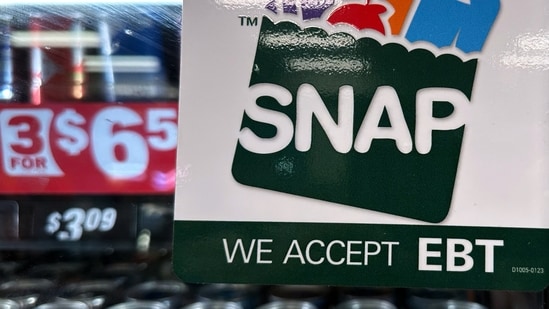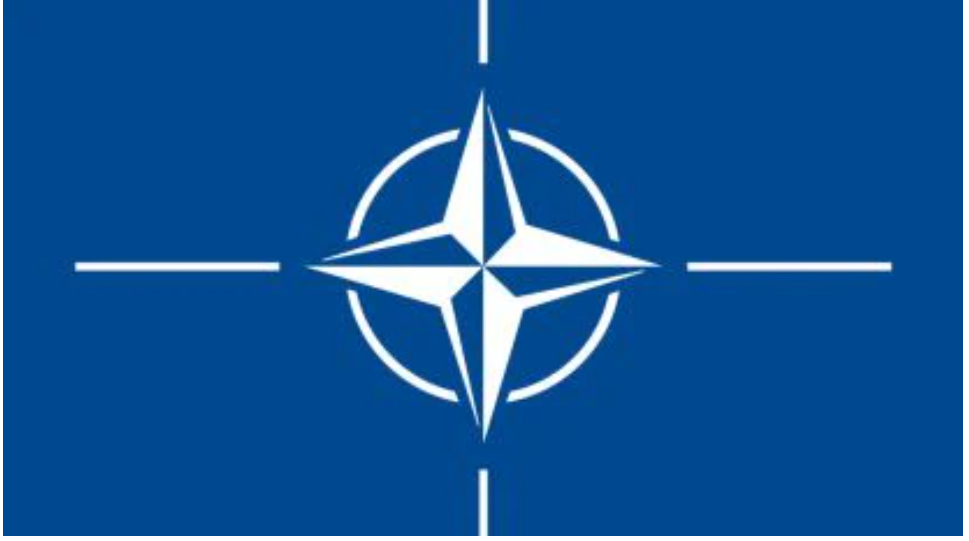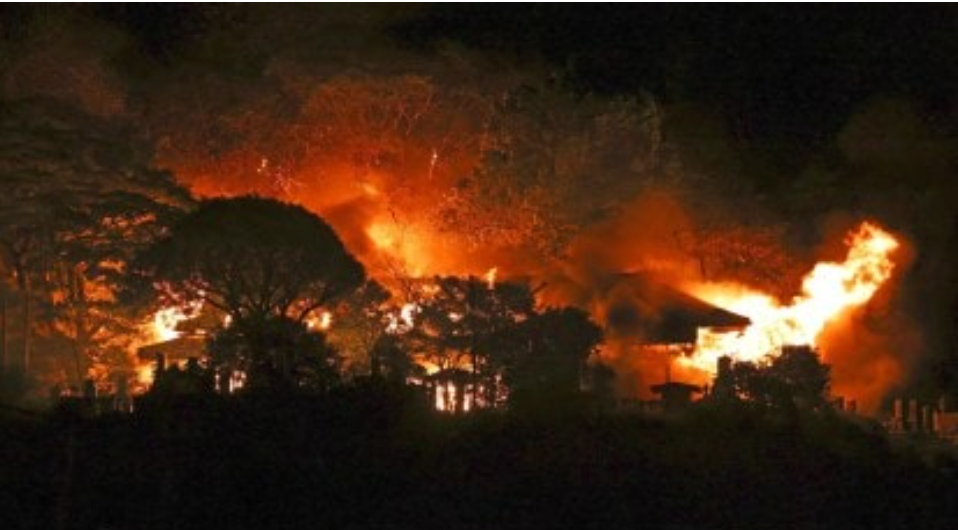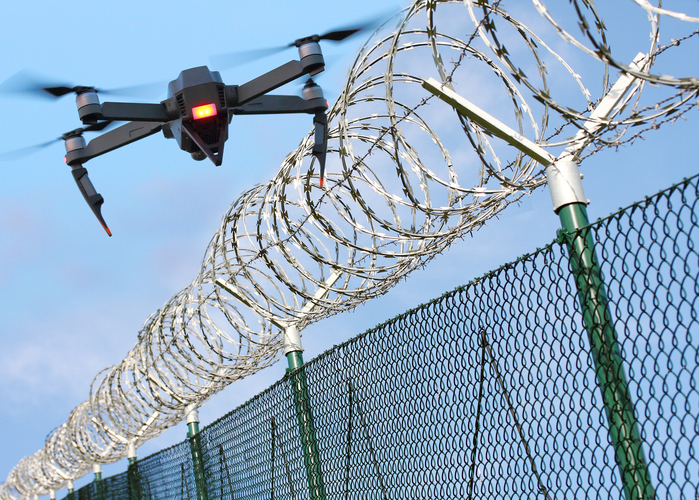The relationship between the United States
Let me know if you’d like any adjustments or a different angle!
The relationship between the United States and Canada has always been intricate, built on mutual agreements and economic cooperation. However, recent events have taken a drastic turn, plunging the two nations into a precarious situation. President Trump’s recent tariffs on Canada have sparked controversy, pushing Prime Minister Justin Trudeau to make an astonishing statement regarding potential annexation.
Trade Turmoil Unveiled
The imposition of tariffs has sent ripples through both economies. President Trump cited fentanyl as a justification, but Prime Minister Trudeau called the reasoning bogus, adding that the real intent was to debilitate Canada’s economy. This tumultuous decision has disrupted financial markets, raising concerns about the future of North American trade.
Historical Treaties in Jeopardy
One of the most shocking revelations was Trump’s claim that the 1908 border demarcation treaty was invalid. This statement has left many officials dumbfounded, as it questions the very foundation of the U.S.-Canada border. Additionally, there are indications that the U.S. may revisit agreements regulating shared lakes and rivers, further exacerbating tensions. The situation is becoming pernicious, as legal experts warn of irreparable consequences.
Political Chess: What’s at Stake?
Beyond tariffs, President Trump has reportedly considered removing Canada from the Five Eyes intelligence alliance, a move that could fracture national security strategies. Commerce Secretary Howard Lutnick conveyed that the Trump administration is re-evaluating multiple treaties, including the Great Lakes conventions and North American Aerospace Defense Command (NORAD). The potential for diplomatic attrition is high, and many see this as a precipice in international relations.
The Psychological Warfare
The ongoing conflict is not just about trade—it’s a psychological standoff. The persistent reference to Canada as the 51st state and Trudeau as a governor rather than a prime minister has left Canadians feeling undermined. This subliminal messaging fuels uncertainty and raises concerns about the long-term implications of U.S. policies toward its northern neighbor. The rhetoric is becoming increasingly acerbic, further corroding trust between the two nations.
Economic Fallout and Global Impact
With the escalation of tariffs, industries on both sides of the border are experiencing volatility. Key sectors such as dairy, automotive, and banking are reeling from the impact. The global market is watching closely, as such disruptions could set a precedent for other nations. The Canadian economy is at risk of stagnation, and analysts warn of a precipitous decline in bilateral trade.
What Lies Ahead?
Despite Canada’s retaliatory tariffs, the U.S. has shown little willingness to back down. The economic brinkmanship at play suggests that both nations must brace for turbulence. Prime Minister Trudeau remains vocal about defending Canada’s sovereignty, but the question remains: will diplomacy prevail, or are we witnessing an unprecedented shift in U.S.-Canada relations? The tenuous nature of this conflict makes predictions challenging.
Conclusion
The current discord between the U.S. and Canada marks a significant turning point. As tensions escalate, both nations must navigate carefully to avoid irreparable damage. The coming months will be crucial in determining whether this dispute leads to a reconciliation or a deeper schism. The situation remains perplexing, leaving many to wonder about the ultimate ramifications of this diplomatic maelstrom.
Stay tuned for further updates on this unfolding geopolitical drama.
Discover more from AMERICA NEWS WORLD
Subscribe to get the latest posts sent to your email.









































Leave a Reply